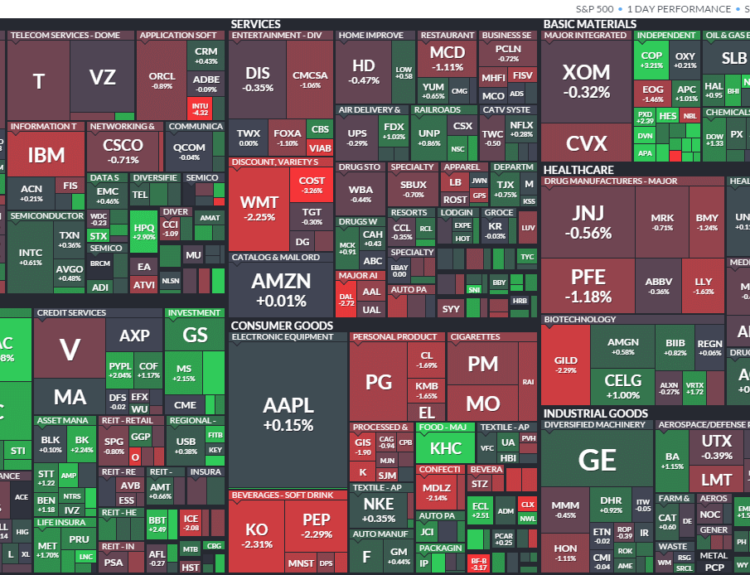New car prices are becoming more accessible, creating opportunities for buyers
- Average cost of new cars has increased by $10,000 since 2019
- Interest rates have decreased and average price is down by $3,000
- Wages have increased by 21% while new-car prices are up by 29%
- Vehicle affordability index is currently at 61
- Expectation of more improvement in affordability
- Shift from a seller’s to a buyer’s market
- Lower new-car prices and higher availability compared to last year
- Potential for affordability to reach 2019 levels with further price reductions
- 10 million cars missing due to lower sales in 2020-2022
- Lower used-car inventory may impact new-car prices
The high cost of new cars has been a concern for buyers and investors, but there is good news on the horizon. Despite an increase of $10,000 in the average cost of a new car since 2019, interest rates have decreased and the average price has gone down by $3,000 from its peak. Wages have also increased by 21% during this period, although new-car prices have risen by 29%. This has resulted in a vehicle affordability index of 61, indicating a moderate level of affordability. Rebecca Lindland, senior director of industry data and insights at Cars Commerce, predicts further improvement in affordability. While almost half of shoppers plan to spend under $30,000 for a new car, only 13% of new cars are priced below this threshold. However, the availability of low-priced cars has increased by 63% compared to last year. As production and inventory continue to recover, Lindland expects a shift from a seller’s to a buyer’s market. To restore affordability to 2019 levels, a further 3% reduction in new-car prices, along with a 3% increase in wages and a drop in interest rates, would be necessary. However, the market is still not back to normal. Due to lower sales from 2020 to 2022, there are approximately 10 million fewer cars available. This shortage of used inventory may lead to longer persistence of used-car pricing, which could also impact new-car prices.
Factuality Level: 3
Factuality Justification: The article provides some relevant information about the cost of new cars and factors affecting affordability. However, it lacks depth and context, and some statements are not adequately supported by evidence. The article also contains unnecessary details and tangential information, making it less focused and informative.
Noise Level: 3
Noise Justification: The article provides relevant information about the cost of new cars, interest rates, wages, and vehicle affordability index. It includes data and quotes from industry experts to support its claims. However, the article contains some repetitive information and could benefit from more in-depth analysis on the long-term trends and consequences of the current situation.
Financial Relevance: Yes
Financial Markets Impacted: Investors in the automotive industry
Presence Of Extreme Event: No
Nature Of Extreme Event: No
Impact Rating Of The Extreme Event: No
Rating Justification: The article discusses the affordability of new cars, which is relevant to financial markets and investors in the automotive industry. However, there is no mention of any extreme events or their impact.
Private Companies: Cars Commerce
Key People: Rebecca Lindland (Senior Director of Industry Data and Insights at Cars Commerce)
 www.marketwatch.com
www.marketwatch.com 





